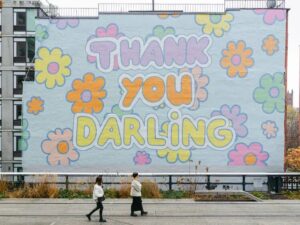A lack of adequate housing is one of the most prominent challenges facing urban Africa. Housing – whether in the form of informal or formal dwellings – is a basic human right, yet remains only an aspiration for most of Africa’s urban population.
Although Africa remains the least urbanised continent in the world, urbanisation is now growing at a faster rate in Africa than anywhere else on the planet. In 2015, more than 50% of the continent’s population lived in urban areas. This urbanisation process continues at an unprecedented pace, with predictions that by 2050, Africa’s cities will be home to an additional 950 million people.
Housing, human rights and wellbeing
Traditionally, the focus of housing research studies is on formal housing and upgraded informal settlements primarily as part of economic growth strategies. In contrast, within ACRC’s housing domain, we take a more holistic view of housing. We see housing as central to protecting human rights and to improving the wellbeing of low-income urban citizens. We intend to explore the qualitative and positive developmental processes that can be achieved through provision of access to, and the development of adequate housing at different scales – from individual- to metropolitan-level planning.
This is a different approach to current responses to housing, which focus on the need to provide mass low-cost structures that meet the bare minimum construction standards. Such developments often fail to recreate local community settings in which housing or shelter is part of a wider set of factors, resulting in improved health and wellbeing, vocational education and skills activities, which in turn link to locally based economic activities.
Read the full article on African Cities Research Consortium
Authors: Ola Uduku, Alexandre Apsan Frediani, Miriam Maina
Recommended by Luisa Bravo











More Stories
Can public spaces be designed and managed for all in African cities?
Kamwokya Community Center by Kéré Architecture
Creating Great Public Spaces in Three African Cities